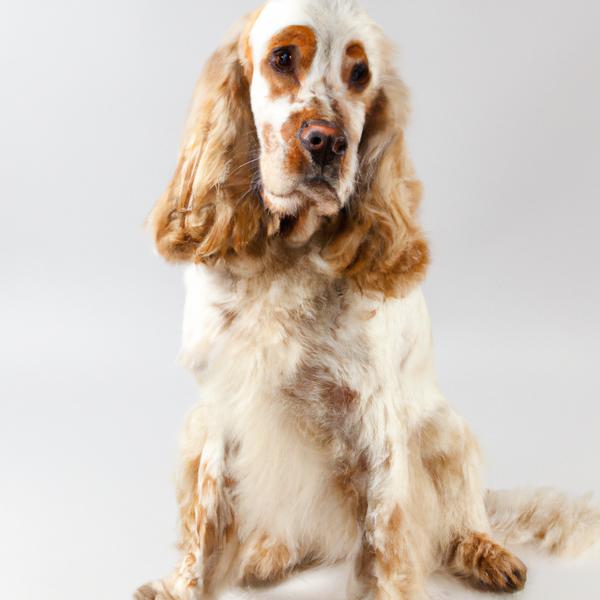Clumber Spaniel vs. Chesapeake Bay Retriever: Breed Differences and Similarities
Weight Gain Potential
Which breed eats more: Clumber Spaniel or Chesapeake Bay Retriever?
Clumber Spaniel tends to gain weight easily, needs increased exercise and playtime along with controlled food intake.
Chesapeake Bay Retriever has high obesity risk, needs regular exercise and food control to maintain healthy weight.
Hypoallergenic
Are Clumber Spaniels or Chesapeake Bay Retrievers hypoallergenic, or neither?
Unfortunately, neither Clumber Spaniel nor Chesapeake Bay Retriever are hypoallergenic, which may not make them the best choice for dog lovers who suffer from pet allergies.
Temperament
What are the personalities of Clumber Spaniel and Chesapeake Bay Retriever dogs?
Gentle
Affectionate
Dignified
Loyal
Calm
Hearted
Happy
Dominant
Protective
Affectionate
Intelligent
Quiet
Shedding Level
Do Clumber Spaniels shed more than Chesapeake Bay Retrievers, or which breed sheds more, Clumber Spaniels or Chesapeake Bay Retrievers?
Clumber Spaniels shed a lot of hair each year, so frequent brushing is essential for reducing shedding and maintaining coat health.
Chesapeake Bay Retrievers are moderate shedders, but regular brushing can reduce shedding and maintain coat health.
Watchdog Ability
Which dog breed makes a better watchdog, the Clumber Spaniel or Chesapeake Bay Retriever?
The Clumber Spaniel and Chesapeake Bay Retriever dogs are average watchdogs. If they sense something different, these breeds will alert their owner.
Origin
What is the origin of Clumber Spaniel and Chesapeake Bay Retriever dog breeds?
England
United States
Ancestry
What are the origins of Clumber Spaniel and Chesapeake Bay Retriever breeds?
spaniel, basset hound, saint bernard
Newfoundland dog
Breed recognition
Which kennel clubs recognize/register Clumber Spaniel and Chesapeake Bay Retriever?
American Canine Registry
American Kennel Club
America's Pet Registry
Canadian Kennel Club
Dog Registry of America Inc.
Federation Cynologique Internationale
Kennel Club of Great Britain
North American Purebred Registry, Inc.
American Canine Association, Inc.
Australian National Kennel Council
Continental Kennel Club
National Kennel Club
New Zealand Kennel Club
United Kennel Club
American Canine Registry
American Kennel Club
America's Pet Registry
Canadian Kennel Club
Dog Registry of America Inc.
Federation Cynologique Internationale
Kennel Club of Great Britain
North American Purebred Registry, Inc.
American Canine Association, Inc.
Australian National Kennel Council
Continental Kennel Club
National Kennel Club
New Zealand Kennel Club
United Kennel Club
Date of Birth
When were Clumber Spaniel and Chesapeake Bay Retriever breeds first developed?
1700s
1800s
Breed Group
What is the Breed Group of Clumber Spaniel and Chesapeake Bay Retriever?
Sporting (AKC:1884)
Gun Dogs (UKC)
Sporting (AKC:1878)
Gundog (UKC)
Eye Color Possibilites
What are the eye colors of Clumber Spaniel and Chesapeake Bay Retriever dogs?
Brown
Brown
Amber
Nose Color Possibilites
What are the natural nose colors of Clumber Spaniel and Chesapeake Bay Retriever?
Black
Brown
Coat Color Possibilites
What are the natural colors of the coat for Clumber Spaniel and Chesapeake Bay Retriever breeds?
White
Pied
Brown
Red
Coat Length
What is the typical coat length for Clumber Spaniel and Chesapeake Bay Retriever breeds?
Clumber Spaniels have medium-length coats.
Chesapeake Bay Retrievers have coats that can be either short or medium in length.
Coat Density
What is the density of the coat of Clumber Spaniel and Chesapeake Bay Retriever?
Coat Texture
What is the hair texture of Clumber Spaniel and Chesapeake Bay Retriever?
Straight
Wavy
Litter Size
What is the usual litter size for Clumber Spaniel and Chesapeake Bay Retriever?
A Clumber Spaniel can have a litter of 10-12 puppies on average. However, it's worth noting that the size of the litters can vary greatly. Factors that can influence litter size include the health of the mother, breeding history, and genetics.
A Chesapeake Bay Retriever can have a litter of 10-13 puppies on average. However, it's worth noting that the size of the litters can vary greatly. Factors that can influence litter size include the health of the mother, breeding history, and genetics.
Adaptability
Clumber Spaniels are highly adaptable and versatile, making them excellent companions for families and individuals of all lifestyles.
Chesapeake Bay Retrievers have average adaptability to changes in lifestyle and living environments compared to other breeds.
Health Issues
Between Clumber Spaniel and Chesapeake Bay Retriever, which breed is more prone to health problems?
Clumber Spaniel and Chesapeake Bay Retriever breeds are generally considered to be healthy. However, like all breeds, they are susceptible to certain health issues and it is important to keep an eye out for them and address them with your veterinarian as needed.
Major Concerns
What are the major health concerns for Clumber Spaniel and Chesapeake Bay Retriever breeds?
Entropion
Hip Dysplasia
Hip Dysplasia
Minor Concerns
What minor health issues should be kept in mind when owning Clumber Spaniel and Chesapeake Bay Retriever?
Ectropion
Progressive Retinal Atrophy
Cataracts
Occasional Tests
What occasional tests are recommended for Clumber Spaniel and Chesapeake Bay Retriever breeds?
Eye
Hip
X-Rays
Eye Examination
Eye
Hip
Blood
Dna For Vwd
Physical Examination
Energy
How do the energy levels of Clumber Spaniels and Chesapeake Bay Retrievers compare?
Clumber Spaniels are suitable for those with a balanced lifestyle as they have an average energy level.
Chesapeake Bay Retrievers thrive on an active lifestyle due to their high-energy nature.
Social Needs
Clumber Spaniel vs Chesapeake Bay Retriever social needs comparison
Clumber Spaniel has above average social needs and thrives with interaction with humans and other dogs.
Chesapeake Bay Retriever has average social needs and is less independent than other breeds.
Exercise Needed
Clumber Spaniel vs Chesapeake Bay Retriever exercise need comparison.
Clumber Spaniels require significant physical activity and suit those with an active lifestyle.
Chesapeake Bay Retrievers need high physical activity and are ideal for active individuals, but not suitable for sedentary lifestyles or small apartments.
Sleeping Need
Which of the two sleeps the most/least: Clumber Spaniel or Chesapeake Bay Retriever?
Clumber Spaniels have moderate energy levels and typical sleep patterns of 12-14 hours per day.
Chesapeake Bay Retrievers are active and require sufficient sleep to stay healthy.
Drooling Tendency
Which drools more/less, Clumber Spaniel or Chesapeake Bay Retriever?
Clumber Spaniel excessively drools, consider a different breed if not appealing.
Chesapeake Bay Retriever is an average drooler, monitor for excessive drooling which may indicate health issues.
Tendency to Bark
Do Clumber Spaniels or Chesapeake Bay Retrievers bark more/less frequently?
Clumber Spaniels are typically quiet and only bark when needed, such as to alert their owner or when in distress.
Chesapeake Bay Retrievers bark moderately when necessary and may also bark due to certain triggers like fear, alarm, boredom, greeting, separation anxiety and compulsive barking.
Territorial
Is the Clumber Spaniel or Chesapeake Bay Retriever a better guard dog?
Clumber Spaniel and Chesapeake Bay Retriever breeds are generally not considered the best guard dogs as their primary trait is not defense. Although they possess the capability to defend their territory or owners, it may not be their strongest trait.
Mouthiness
Mouthiness Comparison: Clumber Spaniel vs Chesapeake Bay Retriever?
Roaming urge
Clumber Spaniel vs Labrador: Running away tendency?
Prey Drive
Clumber Spaniel or Chesapeake Bay Retriever - which breed has a higher level of prey drive?
Activity Level
Which breed has higher energy, Clumber Spaniels or Chesapeake Bay Retrievers?
Clumber Spaniels are medium-energy dogs and typically enjoy socializing and playing casual or even sustained games of chase with other dogs. They may also have occasional periods of barking or racing around the house.
Chesapeake Bay Retrievers are high-energy dogs. They need mental as well as physical exercise. These dogs require a lot of your involvement and without it they can, and will, become problematic dogs.
Tolerance of being left alone
Walks per Week
How many miles should Clumber Spaniel or Chesapeake Bay Retriever walk each week?
There's really no limit to how far you walk your dog as long as they're comfortable. For Clumber Spaniel, it's at least 8 miles / week. Just remember to build distance and stamina gradually over time.
There's really no limit to how far you walk your dog as long as they're comfortable. For Chesapeake Bay Retriever, it's at least 14 miles / week. Just remember to build distance and stamina gradually over time.
Activity per Day
Do Clumber Spaniels or Chesapeake Bay Retrievers require more exercise?
In general most Clumber Spaniels usually need at least 60 minutes of exercise daily. This can be spread across the day and include all sorts of high-energy activities, like walking, running and playing.
In general most Chesapeake Bay Retrievers usually need at least 90 minutes of exercise daily. This can be spread across the day and include all sorts of high-energy activities, like walking, running and playing.
Grooming
Which breed is easier to maintain in terms of grooming, Clumber Spaniels or Chesapeake Bay Retrievers?
The Clumber Spaniel requires an average amount of grooming compared to other breeds.
The Chesapeake Bay Retriever has low grooming needs and is easy to maintain.
Brushing Frequency
What is the recommended brushing frequency for Clumber Spaniel and Chesapeake Bay Retriever dogs?
Clumber Spaniel and Chesapeake Bay Retriever should be brushed at least once a week. Of course, you can give them more frequent brushes if you find that they are still shedding a lot.
Brushing Tools
What brushing tools are used for Clumber Spaniels and Chesapeake Bay Retrievers?
Pin Brush
Comb
Nail Clipper
Slicker Brush
Comb
Nail Clipper
Cups
How much food should be given to Clumber Spaniel or Chesapeake Bay Retriever in cups?
Clumber Spaniel and Chesapeake Bay Retriever share the same recommended daily food intake of 2.8 cups, although the appropriate quantity may vary depending on the quality and nutritional content of their food.
Daily Cost
Which breed has a higher daily cost, Clumber Spaniel or Chesapeake Bay Retriever?
Clumber Spaniel and Chesapeake Bay Retriever have a similar average daily cost of around $2.10 - $2.70.
Monthly Cost
Which breed has a higher monthly cost, Clumber Spaniel or Chesapeake Bay Retriever?
When it comes to monthly expenses, both Clumber Spaniel and Chesapeake Bay Retriever have a similar average cost, ranging from $55 - $73. This results in an average yearly cost of around $660 - $876.
Intelligence
Comparing Intelligence: Clumber Spaniels vs Chesapeake Bay Retrievers
The Clumber Spaniel and Chesapeake Bay Retriever breeds are considered very intelligent and easy to train.
Sensitivity Level
How do Clumber Spaniel and Chesapeake Bay Retriever compare in sensitivity?
This breed is sensitive and requires gentle handling and a calm home environment.
Chesapeake Bay Retrievers have average emotions and adapt well to different situations.
Affection Dependance
Which is the more affectionate dog breed: Clumber Spaniel vs Chesapeake Bay Retriever?
Apartment Friendly
Which breed is more apartment-friendly: Clumber Spaniel or Chesapeake Bay Retriever?
Clumber Spaniels are good apartment dogs as long as they get enough exercise and stimulation outside of the apartment.
The Chesapeake Bay Retriever is not suitable for apartments and requires a large yard to thrive. Pent-up energy in small spaces can lead to destructive behavior.
Child Friendly
Do Clumber Spaniels or Chesapeake Bay Retrievers have a friendlier temperament towards children?
Clumber Spaniel and Chesapeake Bay Retriever are kid-friendly dogs. They are good with children and excellent dogs with children if they are socialized and trained at a young age.
Senior-friendly
Which dog is more suitable as a pet for the elderly - Clumber Spaniel or Chesapeake Bay Retriever?
Cat Friendly
Do Clumber Spaniel or Chesapeake Bay Retriever breeds have a better compatibility with cats?
Clumber Spaniels and Chesapeake Bay Retrievers are an average cat friendly dog. They do well with cats, even more if raised together from puppyhood.
Dog Friendly
Which breed is more sociable with other dogs: Clumber Spaniel or Chesapeake Bay Retriever?
Clumber Spaniels are generally very friendly towards other dogs, with a happy and affectionate temperament.
Chesapeake Bay Retrievers are less friendly towards other dogs, but can improve with socialization.
Pet friendly
How do Clumber Spaniel or Chesapeake Bay Retriever dogs interact with other pets?
Stranger Friendly
Which breed is more friendly with strangers: Clumber Spaniel or Chesapeake Bay Retriever?
They can be below average friendly around strangers, being keen of eye and sharp of tongue, and very quick to announce strangers at the door. Once the visitor comes in, some Clumber Spaniel and Chesapeake Bay Retriever may be friendly and outgoing, while others can be standoffish or suspicious towards strangers.
Playfulness
Which breed is more playful between Clumber Spaniel and Chesapeake Bay Retriever?
Clumber Spaniels have an average level of playfulness, enjoying playtime like most dogs but not excessively so.
Chesapeake Bay Retrievers are a playful breed that needs daily playtime to be happy.
Trainability
How do the trainability levels of Clumber Spaniels and Chesapeake Bay Retrievers compare?
Clumber Spaniels are popular for their ease of training and quick learning ability.
Chesapeake Bay Retrievers are usually easy to train but require consistency to fully obey commands.
Compare Clumber Spaniel with other breeds
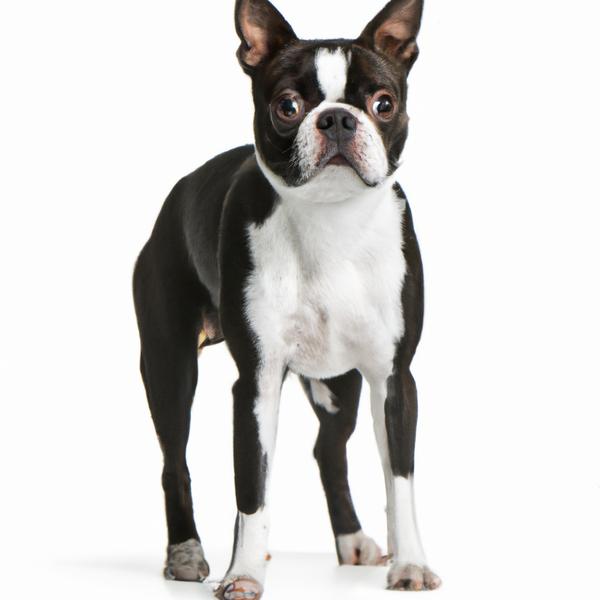
Bostinese
Clumber Spaniel vs Bostinese
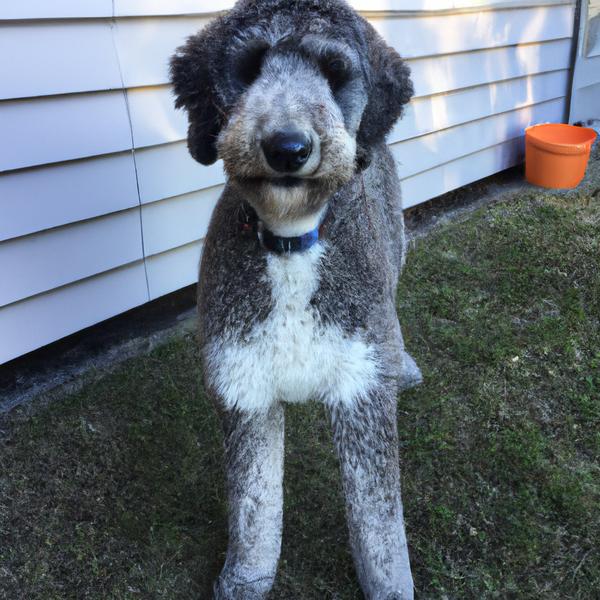
Shepadoodle
Clumber Spaniel vs Shepadoodle
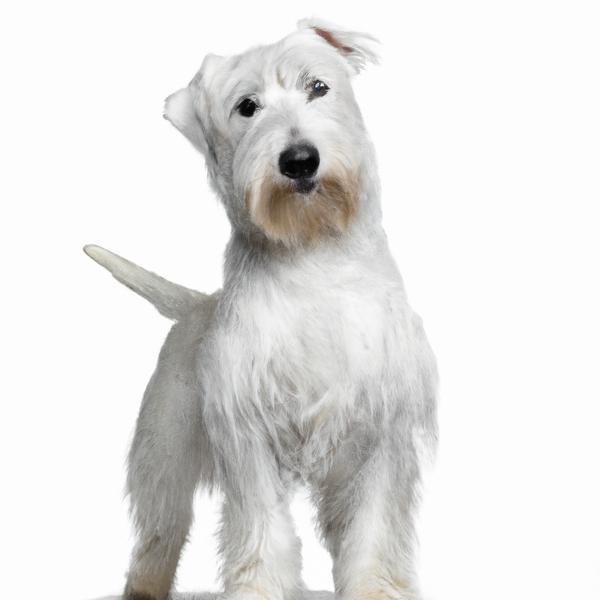
Westillon
Clumber Spaniel vs Westillon
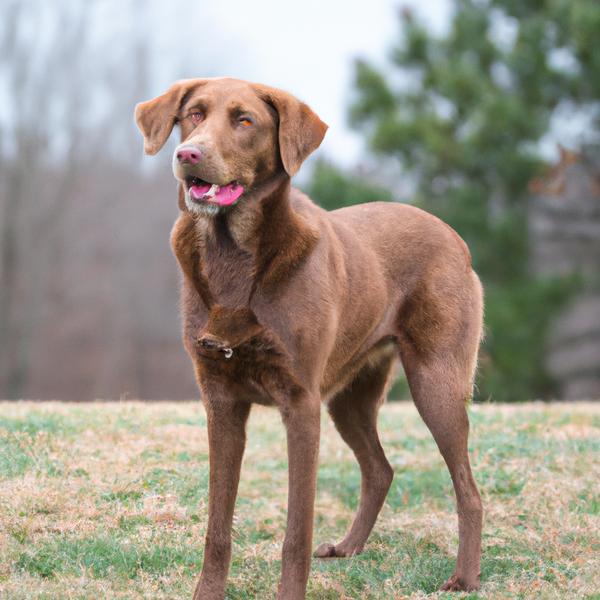
Chesapeake Bay Retriever
Clumber Spaniel vs Chesapeake Bay Retriever
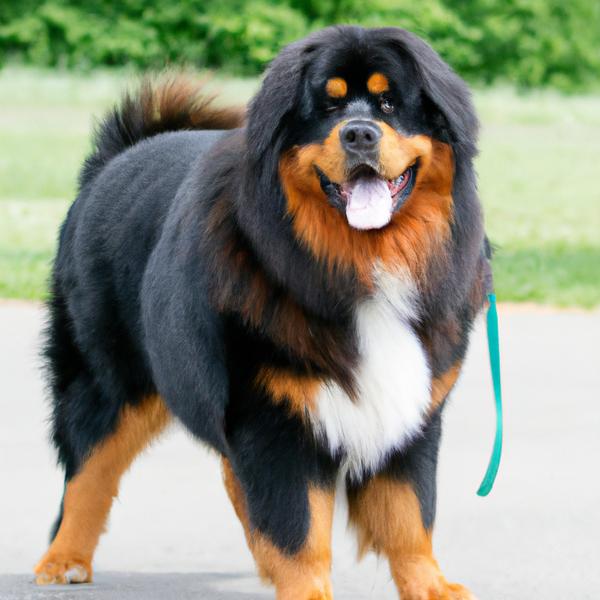
Berner Chow
Clumber Spaniel vs Berner Chow
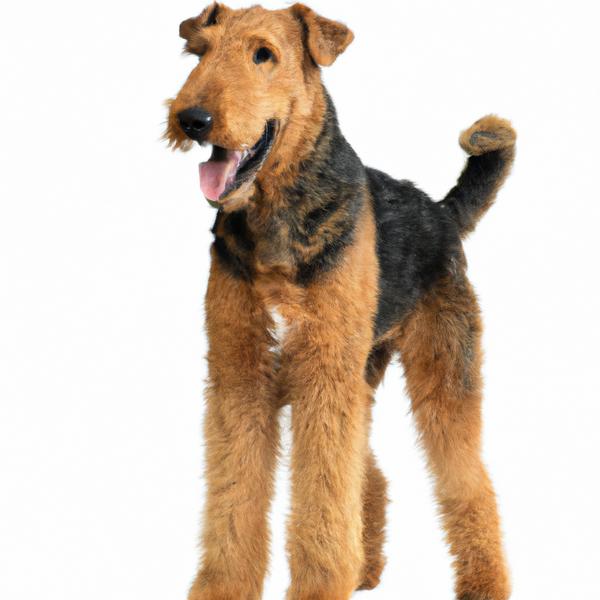
Airedale Shepherd
Clumber Spaniel vs Airedale Shepherd

Dachshund
Clumber Spaniel vs Dachshund
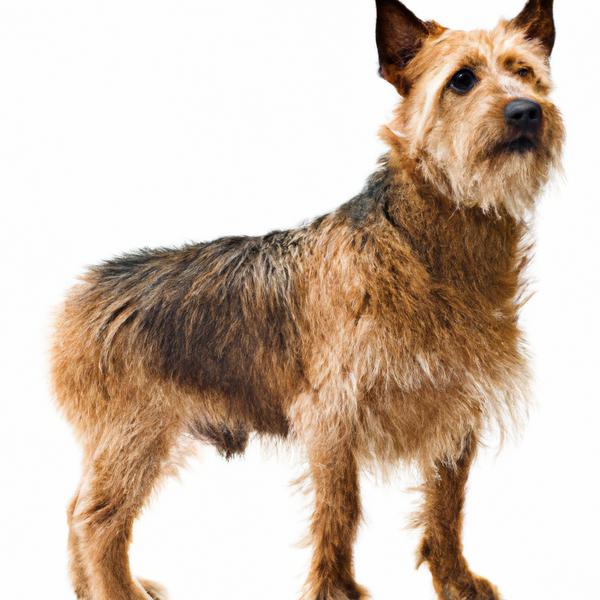
Rustralian Terrier
Clumber Spaniel vs Rustralian Terrier
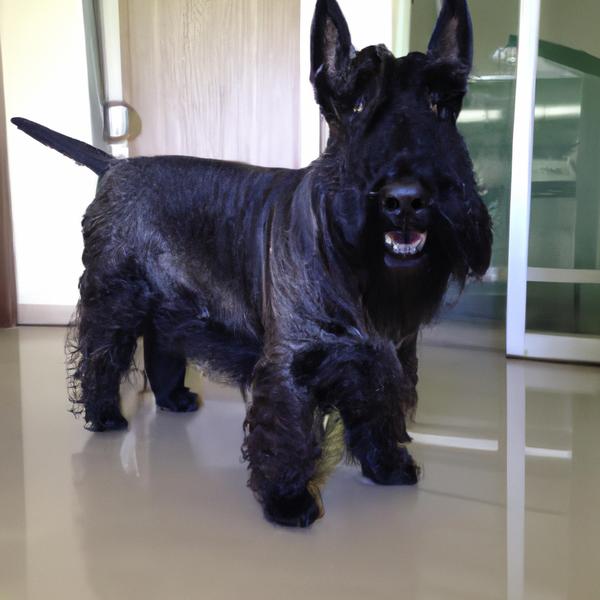
Scottish Terrier
Clumber Spaniel vs Scottish Terrier
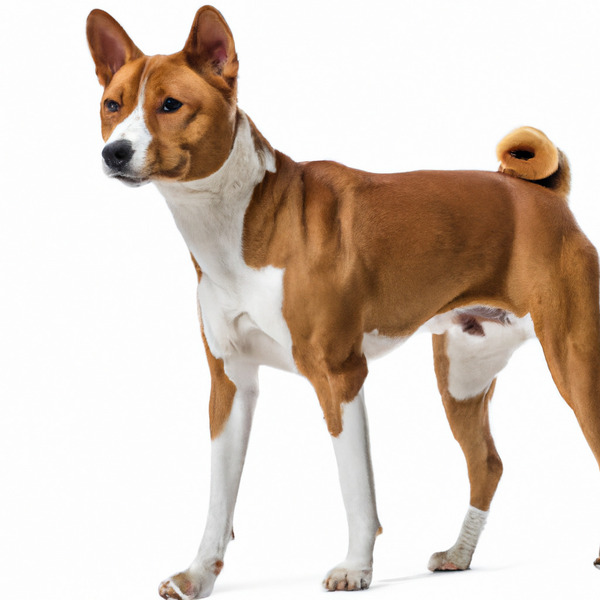
Basenji
Clumber Spaniel vs Basenji

German Wirehaired Lab
Clumber Spaniel vs German Wirehaired Lab
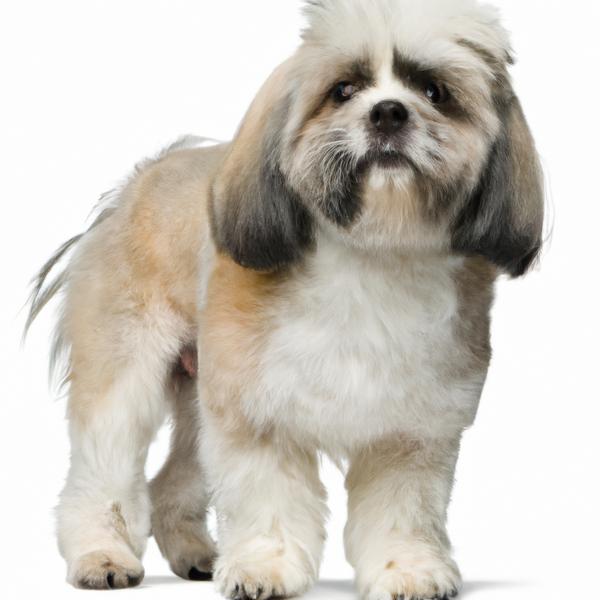
Standard Auss-Tzu
Clumber Spaniel vs Standard Auss-Tzu
